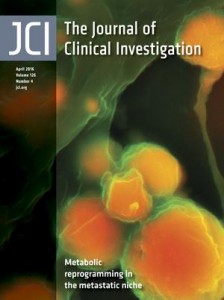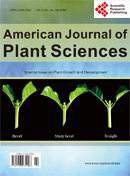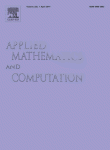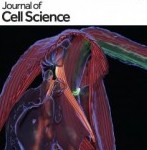A series of mistakes have caused a pair of cancer researchers based in China to retract one paper and correct another.
The retraction stems from a duplication of figures in a paper about the molecular underpinnings of colorectal cancer, which the editor of the journal told us he believed was caused by honest error. The other paper was corrected after the authors realized they had published the wrong versions of multiple figures, an error which the authors say does not affect the paper’s conclusions.
This isn’t the first time the pair has had to correct the record — these changes follow a mega-correction for Jie Hong, and Jing-Yuan Fang, both of the Shanghai Jiao-Tong University, where Fang is the director of the Shanghai Institute of Digestive Disease.
Here’s the retraction note for “Role of STAT3 and vitamin D receptor in EZH2-mediated invasion of human colorectal cancer,” published in the Journal of Pathology:
Continue reading Mistakes lead to retraction, correction of cancer papers by pair





 A paper on a hybrid algorithm turned out to be a hybrid itself — some original data, plus some from a paper that the authors had published earlier.
A paper on a hybrid algorithm turned out to be a hybrid itself — some original data, plus some from a paper that the authors had published earlier.


